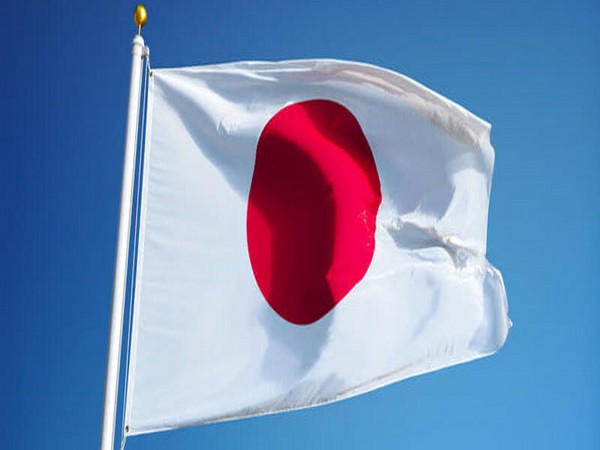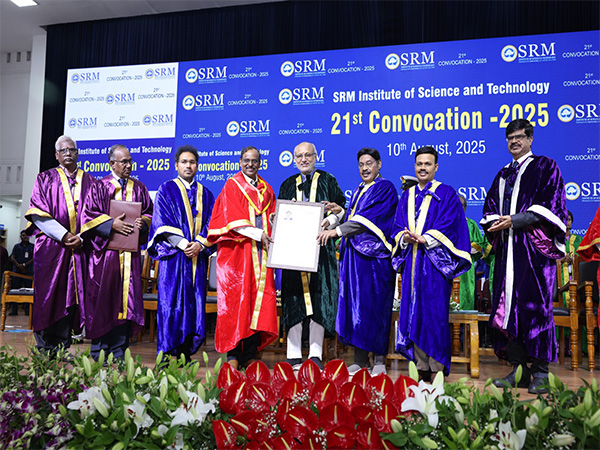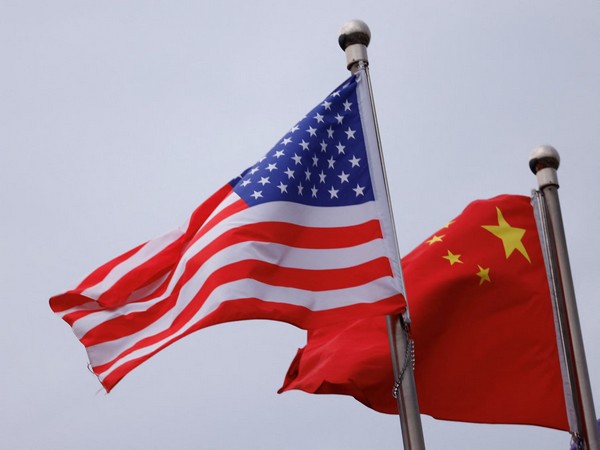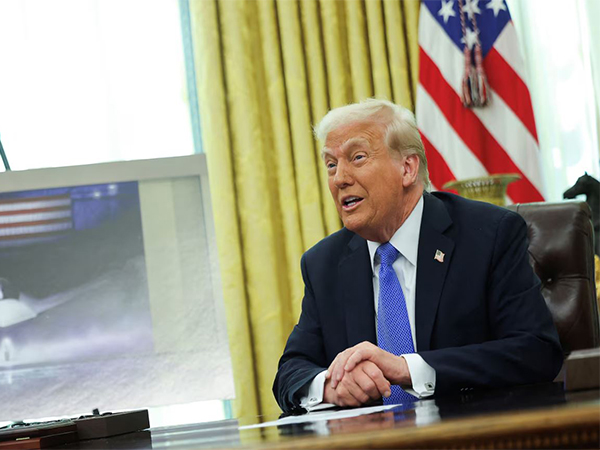Japan - the rising arms exporting 'giant'
Aug 11, 2025
Tokyo [Japan], August 11: Quite quickly after relaxing legal regulations for arms exports, Japan is gradually emerging as a "giant" in arms exports in the Indo-Pacific.
After a period of bidding, Japan has recently officially announced that it has won the right to supply warships to Australia to replace the current Anzac class of frigates.
Continuous development
Specifically, Australia announced that it will purchase 11 upgraded Mogami-class frigates from Japan's Mitsubishi Heavy Industries (MHI). Worth about 10 billion AUD (equivalent to 6.5 billion USD), this is Japan's largest defense contract ever. With a full displacement of more than 5,000 tons, the Mogami-class frigates are considered the most modern in the world, integrating many powerful weapons and cutting-edge electronic technology.
In recent times, Japan has continuously increased its arms export industry . In 2023, the country approved a plan to allow the export of fighter jets, missiles and some types of lethal weapons to 12 countries including: Australia, India, the US, the UK, Germany, France, Italy and 5 Southeast Asian countries.
Previously, although the constitution limited military activities outside the country as well as the export of weapons, Japan's defense industry has been constantly developing. To date, Japan has assembled its own F-35 fighter jets and is developing its own 6th generation fighter jets. The country has also upgraded its Izumo-class helicopter destroyers to become aircraft carriers that can carry the 5th generation stealth F-35 fighter jets, produced its own Mitsubishi F-2 fighter jets from the US F-16 line, and developed the Mitsubishi P-1 anti-submarine aircraft to replace the US-supplied P-3 Orion.
By March 2024, Japan will relax its strict military equipment transfer regulations to allow the export of next-generation fighter jets it is developing with the UK and Italy. Currently, Japan, the UK and Italy are collaborating on the development of sixth-generation fighters under a program called the Global Combat Air Programme (GCAP). Therefore, Tokyo is expecting to deploy a series of sixth-generation fighters in the early 2030s. Early last year, Japan approved a plan to sell sixth-generation fighters to other countries.
Also in 2024, Japan announced it would sell Patriot missiles to the United States so the Pentagon could make up for a shortage in its arsenal due to funding for Ukraine.
And during a visit to the Philippines in February, Japanese Defense Minister Gen Nakatani publicly pledged closer defense cooperation with the country. This includes increased technology sharing and the provision of weapons such as the radar systems Japan recently donated to the Philippines, which are located on the island of Luzon.
Not just a "huge" order
Responding to Thanh Nien on August 9, Professor Stephen Robert Nagy (International Christian University - Japan, scholar at the Japan Institute of International Studies) analyzed that Tokyo's provision of the above warship order to Canberra has many meanings. "First, from Japan's perspective, this country has begun to invest in the defense export industry. This is a major change since World War II, when this country adopted a very cautious approach to defense production and defense exports, in accordance with its pacifist constitution. Second, Australia is a reliable security partner, not participating in war against anyone. This is consistent with the principle of not exporting weapons or defense to countries that are actively fighting.
Third, it demonstrates a deepening security partnership and convergence in strategic thinking on defense assets. Fourth, it signals to the US that Tokyo and Canberra are not only investing in bilateral security partnerships with Washington, but also with other partners as they step up efforts to strengthen their security capabilities and partnerships in the Indo-Pacific region. This is to deal with emerging challenges in the region in general, the South China Sea in particular, and to push the US out of its position as the main pillar of the regional security architecture," the analyst added.
In fact, Japan has recently increased defense cooperation and provided military equipment to the Philippines.
Source: Thanh Nien Newspaper








